What’s going on at Twitter? Not the trendmap which shows whether people are more interested in news of Ebola or The X Factor at any given moment but the social media company itself, where the number of top executive exits has started to trend. Last week it was the turn of Vivian Schiller, the high-profile TV executive recruited less than a year ago to the newly created position of head of news and journalism partnerships. Her resignation follows those of chief operating officer Ali Rowghani and media head Chloe Sladden, two executives she thanked for “convincing” her to join the company in three 140-word farewell notes tweeted last Thursday.
Yet the fallout from internal conflicts is of less interest and importance than what these departures say about the future direction of a service that has become such an important tool for journalists. If anything, the management meltdown has simply served to highlight an ongoing struggle within Twitter over whether it should largely be a conduit for journalism or PR. And whether a technology company, even one with 271 million monthly users, believes it can make money out of breaking news. Twitter’s behaviour over the last few months suggests it doesn’t think it can.
Schiller’s appointment caused excitement among mainstream media types because they, OK we, all thought it meant a big tech business was getting serious about journalism. It never really did and Schiller’s role appeared instead to be about encouraging more journalists to use the service – a sort of super PR exercise from someone who spoke the language of journalism. The role of heading “news” now returns to Adam Sharp who will also continue to lead the “government” team, which sounds like a lobbying operation but is in fact the part of the company devoted to boosting the number of political decision-makers using the service.
Twitter has always seemed bigger than it actually is because of the type of people – celebrities, sports stars and politicians as well as newshounds – who use it. Yet during the 2012 US presidential primaries, only 5% of people regularly or sometimes got campaign information from Twitter, according to a Pew Research Center survey in February 2012. A year later 8% of people were using Twitter for news, according to a Pew survey. Facebook, with 1.2 billion users, has four times as many as its micro-blogging social media rival.
Since listing on the New York Stock Exchange 11 months ago, Twitter has behaved as any company with quarterly revenue and share price targets to meet has to and got rid of its most obviously loss-making ambitions. Chief executive Dick Costolo has talked longingly about growing, and eventually making money from, the huge number of people who view tweets without signing up. This is fine on YouTube, where most of us watch the content without producing it and only sigh a little as we’re forced to watch ads when we do so. In contrast, sponsored tweets are a bit like being asked to pay for gossip from your colleague over the coffee machine. Wall Street analysts obviously don’t mind paying for such gossip and in June, when the company reported slightly better than expected second quarter results, analysts at UBS cheered the launch of promoted videos and the introduction of a “buy now” feature.
Expanding TV tie-ups such as the successful Twitter Olympics hub with NBC Universal in 2012 will remain an objective for the company. Trying to do so with other parts of the media, struggling as much of it is to maintain its own bottom line, less so. Influence is, of course, a brand-enhancing power and it is difficult to understand why Twitter bosses would not want to focus on the provision of live breaking news from around the world. It has after all blown the business strategy of wire services such as Associated Press and even the Press Association by becoming the first place to look for breaking news, from the death of Michael Jackson to the arrival of the Arab Spring.
Yet to embrace this influence, with all its unclear money-making potential, would mark a huge shift for Twitter, which has hitherto been committed to remaining a platform for opinions and not a publisher. If the company were to embrace the provision of news, as BuzzFeed for example has done, it would become responsible for what appears on its site; and just think what that would entail – responsibility not just for the kind of abuse hurled at the McCanns over the disappearance of their daughter but the horrors of beheading videos. And while advertisers might want to be associated with sporting triumphs, no one wants to be associated with those.
By remaining a platform, Twitter is absolved of legal responsibility for most of the content of tweets. Yet keeping itself absolved of responsibility is increasingly impossible. Two years ago it said it would start removing tweets if local mores demanded, something its founders might previously have described as self-censorship.
Back in April, the Atlantic wrote a “eulogy for Twitter” because of its declining user growth figures, while a few months later billionaire investor Peter Thiel suggested that the management team must be smoking a lot of pot as it was so “horribly mismanaged”. He later backtracked, saying that with such a “fantastic business model” companies “can often get away with being quite mismanaged”. It becomes a problem, though, when no one is sure what that business model is any more.



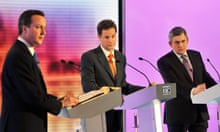

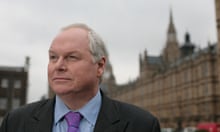
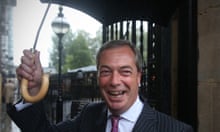
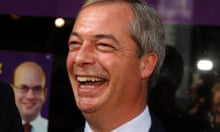
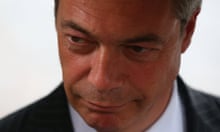
Comments (…)
Sign in or create your Guardian account to join the discussion